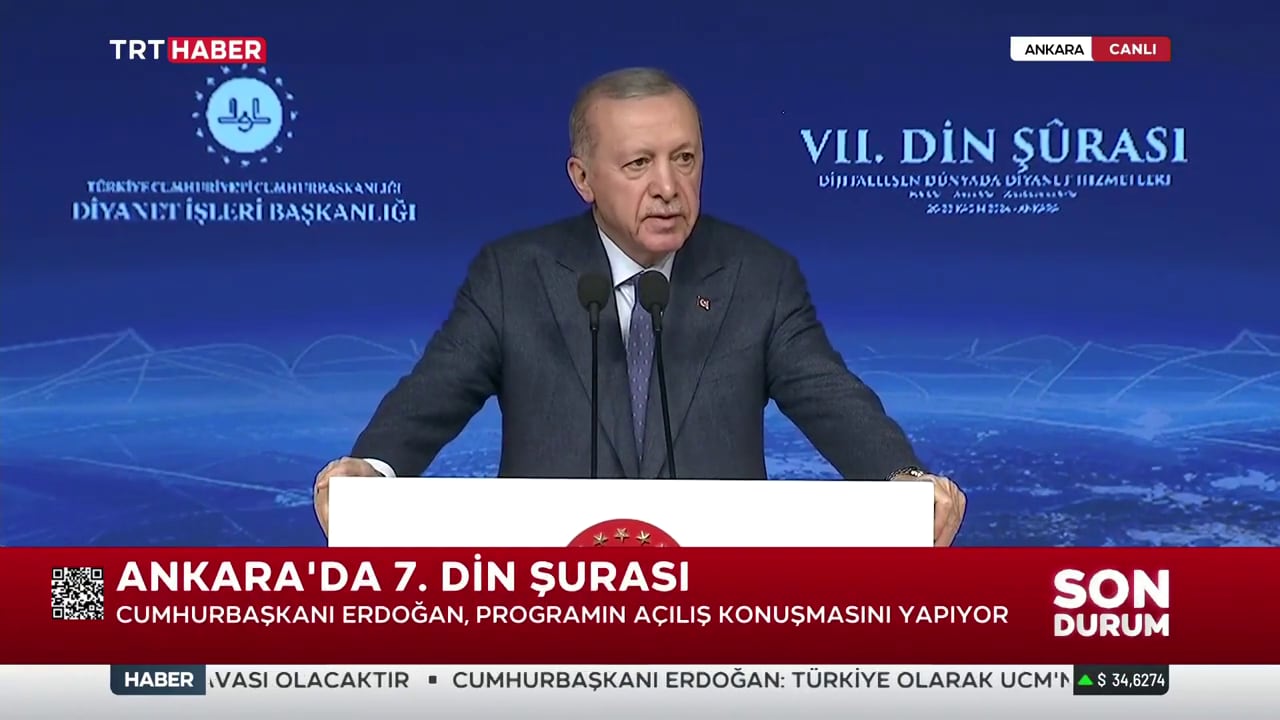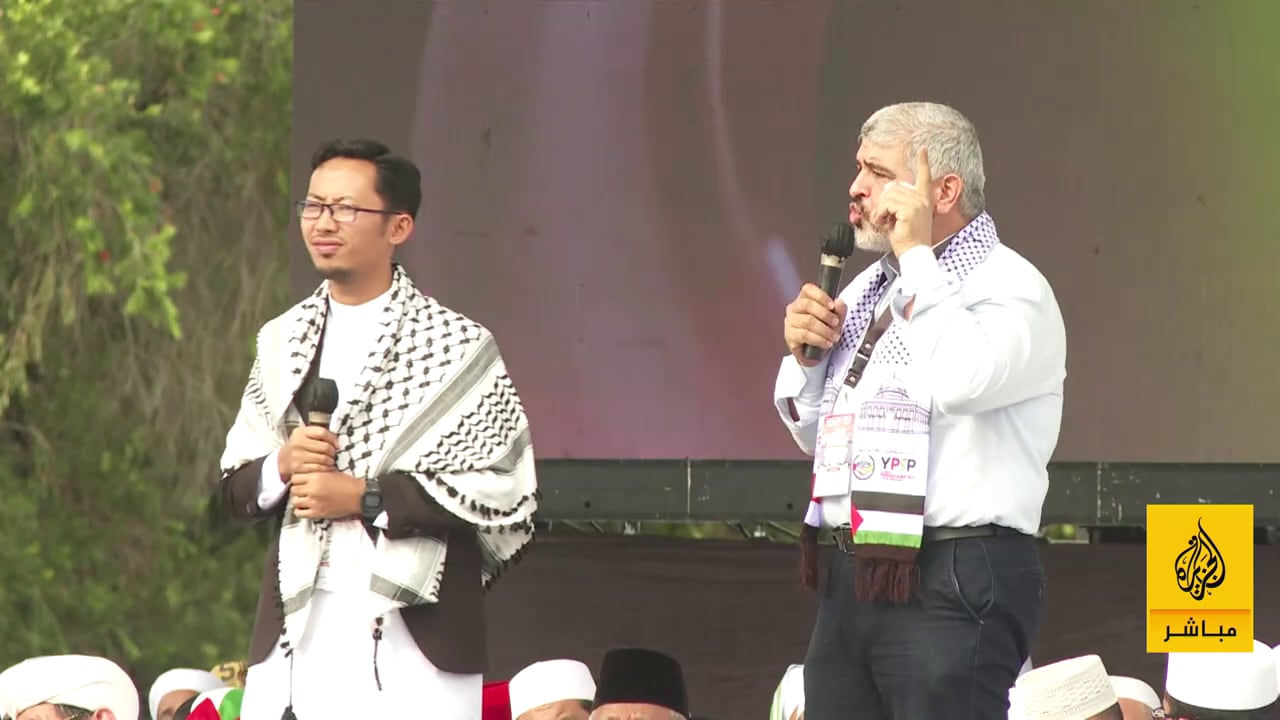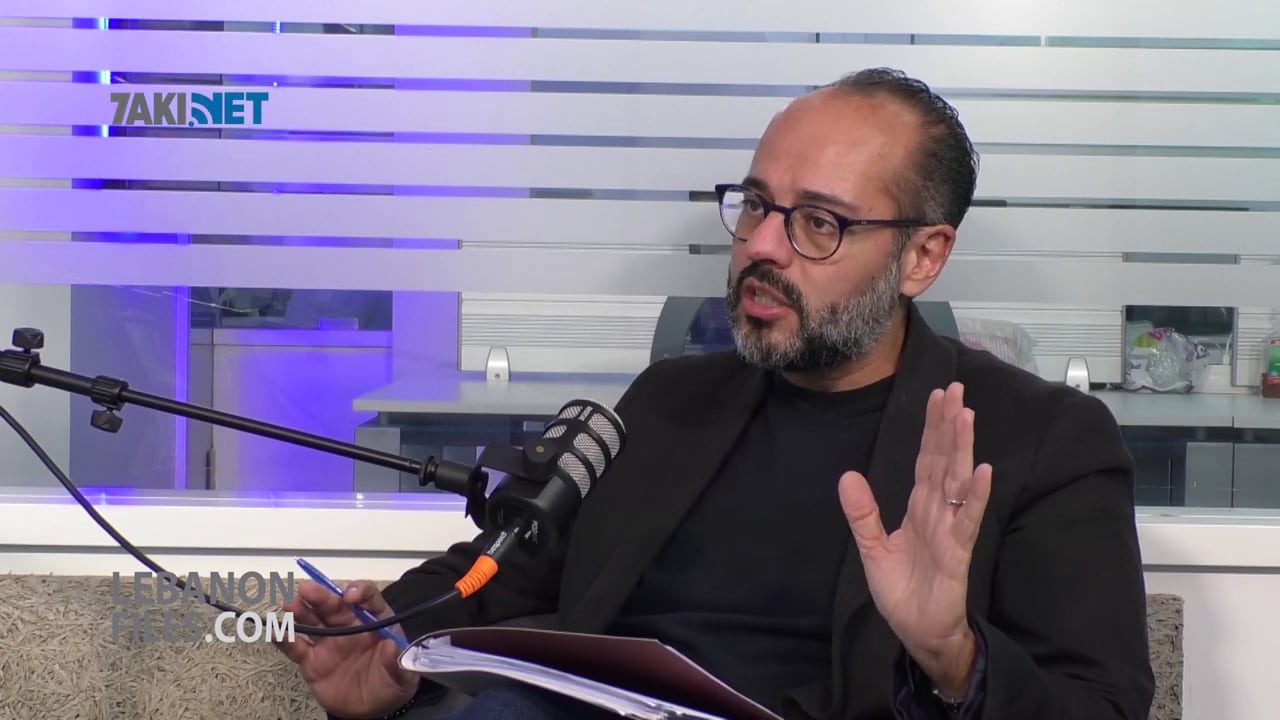
Following are excerpts from an interview with Rachid Al-Ghannouchi, leader of the Tunisian Al-Nahda Party, which aired on Al-Jazeera Network on April 9, 2012 :
Rachid Al-Ghannouchi : The shari'a requires a framework that respects people's liberties. Modern democracy offers such a framework. Therefore, the shari'a favors democracy, which provides it with a suitable operational framework. Thus, the shari'a, and Islam as a whole, did not thrive under Soviet dictatorship.
Many Muslim preachers were forced to emigrate from the dictatorships of the Muslim world to the democracies of the West, even though this West is not Islamic. Islam is now spreading and thriving in the West thanks to democracy, whereas its withering in Muslim countries corresponds to the withering of freedom there.
I'm surprised at Islamists who are against freedom and who prohibit democracy, while many of them, when oppressed in their own countries, found refuge only in democratic countries. Now people ask us: "To what extent did you implement the sharia?" The shari'a is implemented in accordance with the circumstance of the times.
The shari'a is the way Islam is understood and implemented at a specific time and in specific circumstances, because Allah has made the implementation of Islam conditional upon people's ability. The Koran says: "On no soul does Allah place a burden greater than it can bear," and: "Fear Allah as much as you can." There is a single Islam, but its implementation at a specific time and in specific circumstances may vary from its implementation in other time sand circumstances.
The shari'a is not ready-made for implementation at any time and anywhere. The shari'a is implemented in a specific place and time, in a way that is suitable to a specific reality, and then it develops that reality in order to accommodate further implementation.
[…]

















